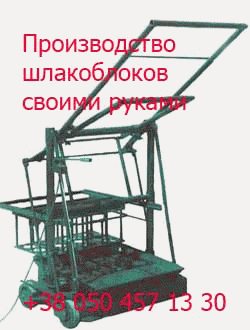Fritz Brenzikofer
To characterize the market volume for High Performance Pigments (HPPs), we must first of all define what we understand by this term. Unfortunately, at this time there is no unique definition because the value-in-use of a pigment can differ depending on the technical or commercial view. From the technical aspect, Hugh Smith’s definition of an HPP as “a colored, black, white, pearlescent, or fluorescent particulate organic or inorganic pigment that demonstrates high performance properties in its end use application” [1] is probably the most appropriate one. However, there are organic pigments which have excellent fastness properties yet are positioned in the market as low cost “classical” or “commodity” products because little or no confidential know-how is required to produce such pigments. As a consequence, there are today many suppliers of such pigments, with major consequences at the market price level. The best-known example of this is phthalocyanine pigments.
For this reason, my conclusion at the 1998 High Performance Pigment Conference [2] was that the definition of an HPP should be “The right pigment selection for a specific use with well-defined quality criteria at optimized pigment cost.” Today, however, I am more and more convinced that classification into “specialties” and “commodities” would better describe how pigment products are positioned in the market.
In the following sections I will apply the same rule, which means that I will count only 5% of all phthalocyanine pigments as HPPs, i. e. approximately 3500 tons of the total volume of approximately 70 000 tons. This principle seems also to be accepted indirectly by the protagonists of the “fastness property criteria”; otherwise they would have to contest the overall well-accepted estimations of the proportion of HPP in the total organic pigment market (Table 9.1).
High Performance Pigments. Edited by Edwin B. Faulkner andRussell J. Schwartz Copyright © 2009 WILEY-VCH Verlag GmbH & Co. KGaA, Weinheim ISBN: 978-3-527-31405-8
 30 сентября, 2015
30 сентября, 2015  Pokraskin
Pokraskin  Опубликовано в рубрике
Опубликовано в рубрике 